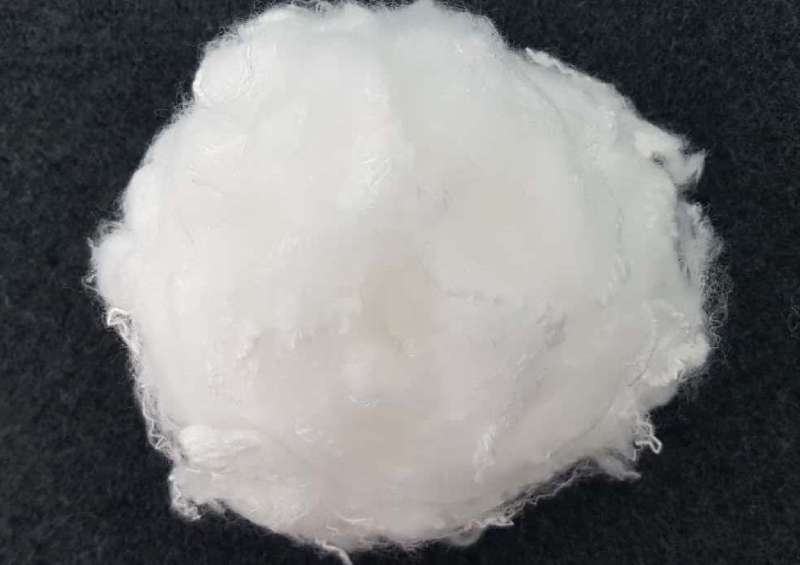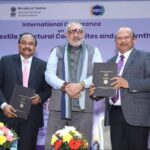New Regulation Threatens To Disrupt Indonesian PSF Production

A recent new Indonesian regulation on import of textile raw materials like Mono Ethylene Glycol (MEG) is threatening to disrupt production of polyester staple fibres (PSF).
The new regulation has changed import controls from post-border to border, which has become a source of great concern for textile industry players.
The Indonesian Filament and Thread Manufacturers Association (APSyFI) expressed concern that a shortage of raw materials could stop production at several PSF manufacturing facilities in the country.
APSyFI Executive Secretary, Farhan Aqil, explained that the implementation of this policy hampers imports of important raw materials such as MEG, which is the main raw material in PSF production.
“In the midst of Indonesia’s dependence on imports for 90 percent of its MEG needs, the polyester industry is placed at a critical point, facing the threat of stopping production for the next 1-2 months,” he added.
Efforts are being made to communicate with relevant government ministries, to speed up the process of importing raw materials, the main problem lies in import delays caused by concerns of the exporter.
The Ministry of Trade responded to complaints from industry players by emphasising that the aim of this regulation is not to prohibit or tighten imports, but to encourage the use of domestic products.
However, this statement has not eased concerns of industries that majorly depend on imports of crucial raw materials.
The new regulation aims to tighten imports of textiles and garments to protect the domestic industry, particularly micro, small and medium enterprises (MSMEs).
The regulation was implemented on concerns raised by the Indonesian textile and apparel sector to control import of legally and illegally imported textiles and clothing.
However, this regulation has ended up impacting import of crucial textile raw materials like MEG.















